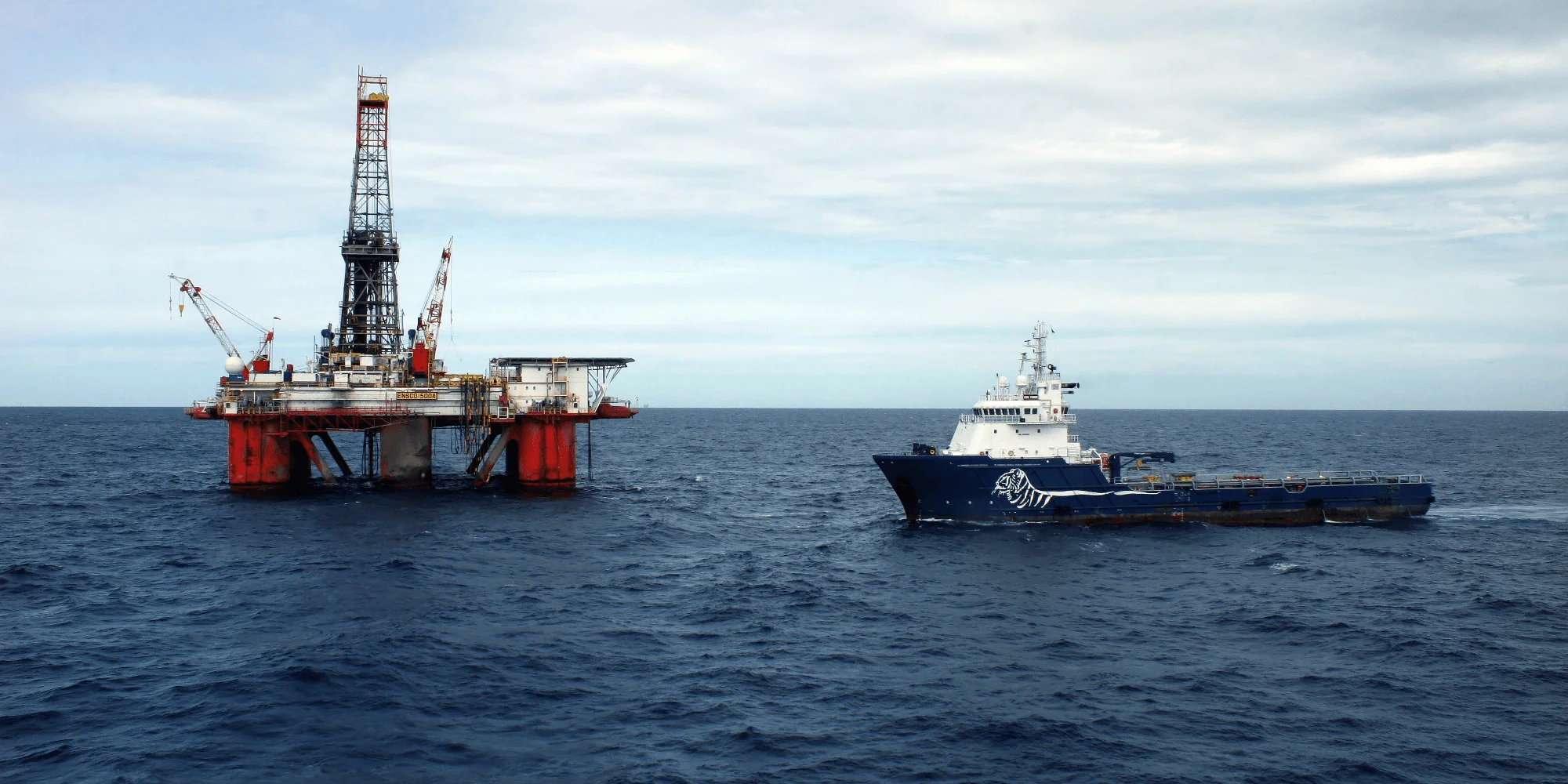
Understanding Offshore Jobs
Offshore jobs are roles located in aquatic environments, typically on oil rigs, ships, or floating structures. These positions support various industries such as oil and gas exploration, maritime services, and renewable energy projects. The unique nature of offshore jobs comes with specialized duties, which often require employees to live on-site for weeks before returning to shore. Understanding the dynamics of offshore jobs can be crucial for those considering a career in this adventurous and lucrative field.
Top-Paying Offshore Jobs
- Offshore Drilling Engineer: These engineers design and oversee offshore drilling operations, ensuring they are conducted safely and efficiently. They are critical to the success of an oil rig’s operation.
- Subsea Engineer: Specializing in the maintenance and repair of underwater equipment, subsea engineers ensure the integrity of subsea systems critical to operations.
- Helicopter Pilot: Transporting personnel to and from offshore platforms is a vital role. Helicopter pilots need specialized training and experience.
- Offshore Installation Manager (OIM): OIMs have overall responsibility for the safety and management of offshore facilities and personnel.
How to Start a Career in Offshore Work
- Research and Education: Begin by researching the specific requirements of the job you're interested in and pursue necessary education or certification.
- Acquire Relevant Skills: Obtain skills in areas like mechanical engineering, environmental studies, or maritime safety.
- Networking: Connect with professionals in the industry via networking events and online platforms like LinkedIn.
- Entry-Level Positions: Start with entry-level positions to gain practical experience and gradually advance in your career.
Benefits of Working in Offshore Jobs
- High Salary: Offshore jobs often come with high salaries due to their challenging nature and specialized skills required.
- Career Advancement: These roles offer significant opportunities for career growth and development.
- Work-Life Balance: With rotational work schedules, there is ample time off between assignments, providing a balanced work-life scenario.
- Travel Opportunities: International assignments can lead to travel and cultural exposure.
How to Get the Job with No Experience
- Seek Entry-Level Positions: Start with positions like roustabouts or deckhands that require minimal experience.
- Third-Party Training Programs: Enroll in approved training programs designed to provide basic offshore safety and technical skills.
- Internships or Apprenticeships: Consider internships or formal apprenticeships to gain valuable hands-on experience.
Pay and Compensation
- Base Salary: Typically higher than onshore positions due to the demanding nature of the work.
- Bonuses: Performance and project-based bonuses can significantly boost earnings.
- Perks and Benefits: Common benefits include accommodation, meals, and transportation to and from the offshore site.
What to Consider Before Choosing
- Physical and Mental Readiness: Offshore work can be physically and mentally challenging.
- Time Away from Family: Consider if the extended time away from home fits your lifestyle.
- Health and Safety Risks: Assess the risks associated with working in harsh environments.
- Long Hours and Rotational Schedules: Understand the schedule and hours required in offshore jobs.
Conclusion
Pursuing a career in offshore jobs can be both financially rewarding and personally enriching. The industry demands a high level of expertise, realism about its challenges, and commitment. By understanding the ins and outs, one can embark on a thriving career in this field.
For more information on offshore jobs and career paths, you can visit Rigzone or Offshore Technology Careers.

